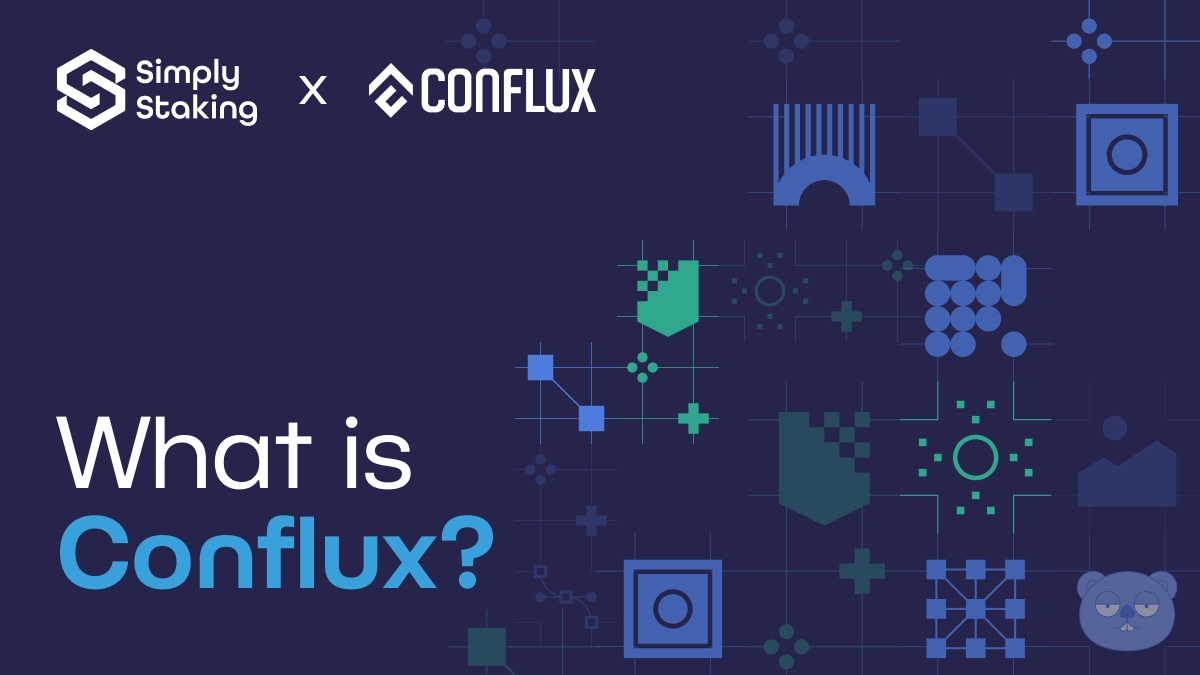October 9, 2025
What is Canton Network?
Canton Introduction

STAKE TOKEN
Canton
Explore Canton Network — a privacy-enabled, interoperable blockchain designed for regulated financial applications.
APR --

Chart Data is not available at the moment
Total Stake
NA
Market Cap
NA
Token Price
0.0000 USD

January 12, 2026
Conflux Network Explained Beginner Guide to the Conflux Blockchain and CFX
Network Introduction

Simply Staking is a platform that offers comprehensive staking services across a variety of blockchain networks. We provide users with the tools and resources to easily stake their assets, earn rewards, and participate in the blockchain ecosystem securely and efficiently.
To start staking with Simply Staking, select a network from our list of supported blockchains, follow the provided staking guide, and use our platform to delegate your tokens to a validator. Our platform simplifies the staking process, making it easy for you to begin earning rewards.
We support a wide range of blockchain networks for staking, including popular platforms like Ethereum, Cosmos, Polkadot, and many more. Check our networks page for a full list of supported blockchains and detailed information about each network.
Staking with Simply Staking offers several benefits, including competitive rewards, a user-friendly interface, and dedicated support. We ensure a secure and efficient staking experience while helping you maximize your earnings and stay informed about network developments.
Staking involves locking up cryptocurrency to support the operations and security of a blockchain network. In return, users earn staking rewards, which are paid out based on the network\'s reward mechanisms.
Yes, we prioritize security and use industry-best practices to ensure your assets are protected. With a proven track record and robust infrastructure, we provide maximum uptime and reliability.
Staking rewards depend on the network’s protocol, inflation rate, and the total amount of staked tokens. You can track your rewards in real time using our Staking Dashboard.
Simply Staking charges a small commission fee on staking rewards. The exact fee varies depending on the network and is transparently displayed during the staking process.